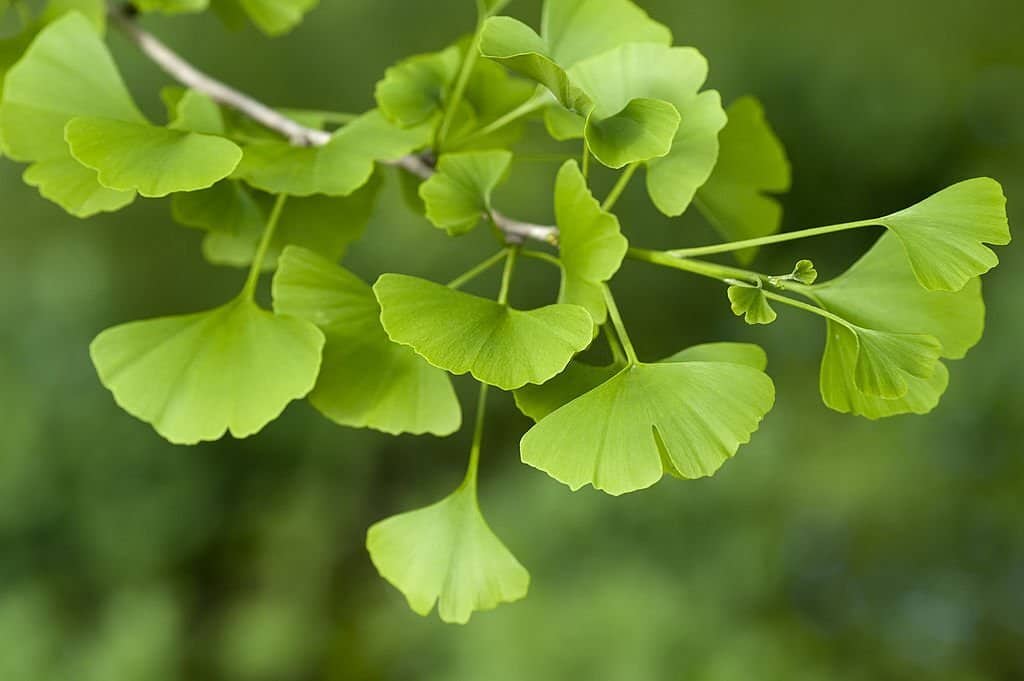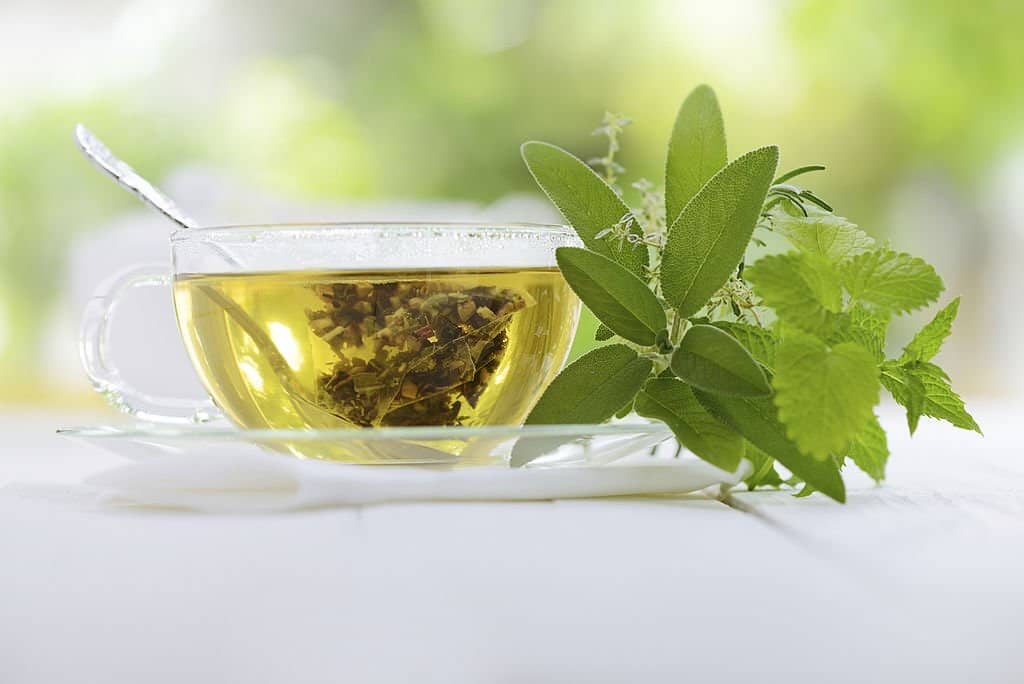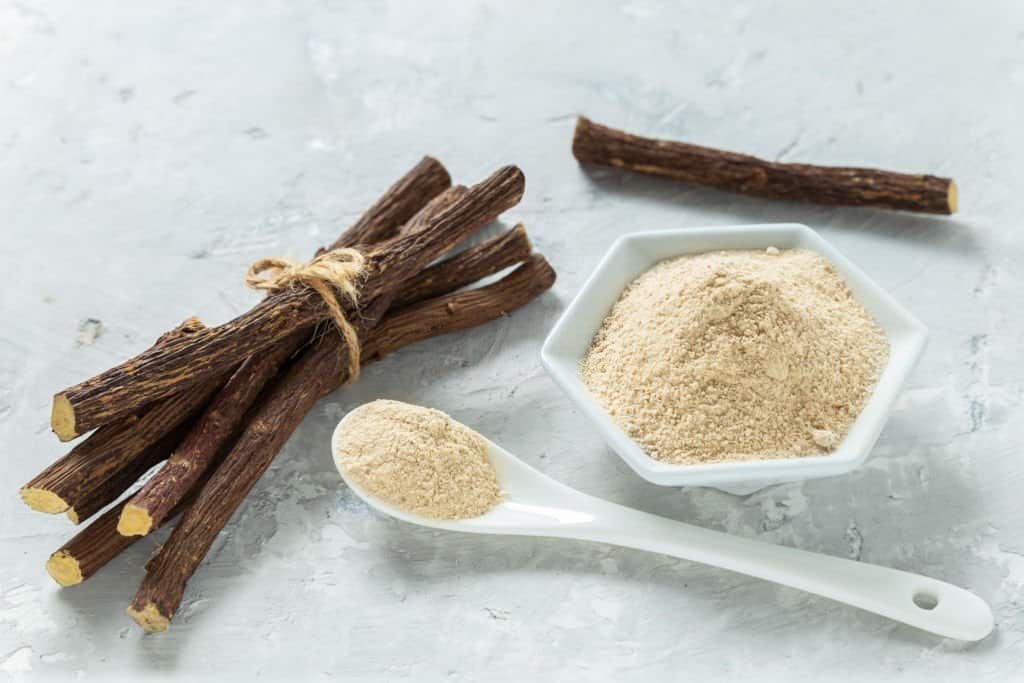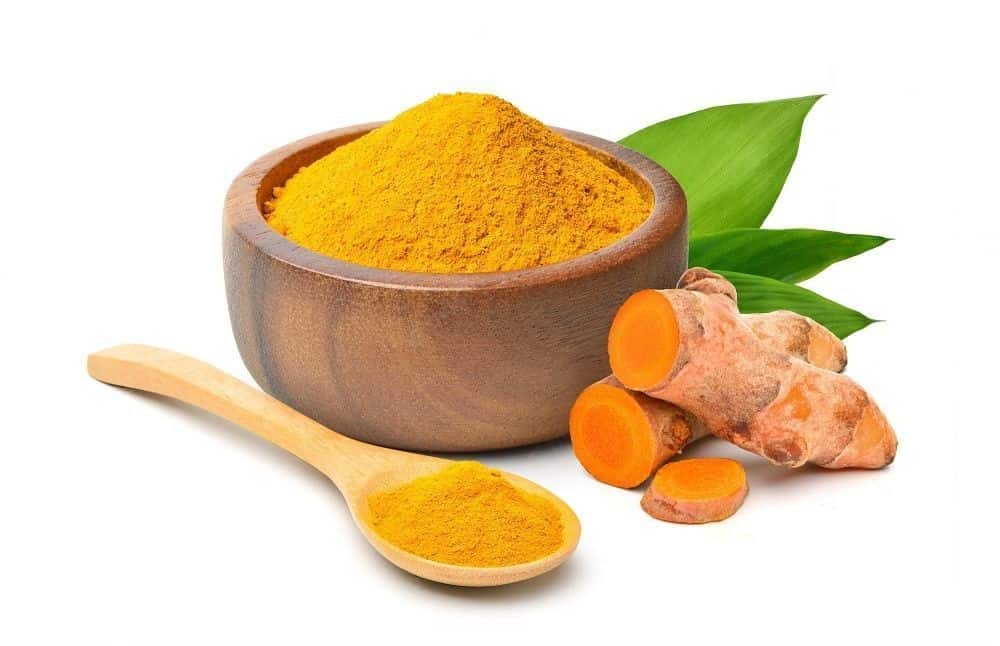Asthma is a chronic lung condition that causes difficulty breathing. Symptoms can range from mild to severe, including coughing, wheezing, and shortness of breath. In severe cases, asthma can be life-threatening. While there is no cure for asthma, there are treatments that can help control the symptoms. Herbs are one such treatment option, and they have been used to treat asthma for centuries, and some scientific evidence supports their use. Many people find relief by using herbs and other natural remedies. Herbs for asthma can take many forms, including teas, capsules, and tinctures.
But, it is important to research before using herbs to treat asthma and to consult with a qualified healthcare professional before starting any herbal treatment regimen because some herbs can interact with medications you’re already taking. Others may not be appropriate for people with certain medical conditions. This article will cover some of the most commonly used herbs for treating asthma and the evidence supporting their use. So, if you’re considering herbs as a treatment option for your asthma, read on.
1) Ginkgo Biloba


Ginkgo Biloba is a popular asthma herb with a long history of use in traditional Chinese medicine. It is thought to improve blood circulation and help to relax the muscles around the bronchial tubes. This may help to ease asthma symptoms such as wheezing and shortness of breath. There is some scientific evidence to support its use. A 2006 study found that Ginkgo extracts effectively reduced asthma symptoms and improved the quality of life in people with mild to moderate asthma. The study participants thrice a day of 120 milligrams of Ginkgo extract for eight weeks. To use Ginkgo Biloba for asthma, you can take it in supplement form. It is also available in tea and tincture form.
Also Read: 8 Excellent Herbs for Energy & Strength
2) Green Tea


Green tea is a popular beverage that is also used as a herbal remedy for a variety of health conditions, including asthma. It is rich in antioxidants and has anti-inflammatory properties. These properties may help to reduce asthma symptoms such as wheezing and coughing. A 2013 study found that green tea consumption was associated with a lower risk of asthma. The study participants who drank the greenest tea had the lowest risk of developing asthma. To use green tea for asthma, you can drink it as a beverage or take it in supplement form.
3) Ginger


Ginger herb is one of the oldest and most popular herbs for asthma. It is a natural anti-inflammatory agent and bronchodilator properties that can help reduce the airways’ swelling and make breathing easier. A 2010 study found that ginger was effective in reducing asthma symptoms. The study participants took a ginger supplement daily for eight weeks. You can take ginger in the form of tea, capsules, or syrup. Also, can add ginger to your food.
4) Licorice Root


Licorice root is another popular herb for asthma that has a long history of use in traditional medicine. It is thought to help reduce inflammation and mucus production. This may help to ease asthma symptoms such as coughing and wheezing. A 2011 study found that licorice root effectively reduced bronchial inflammation in people with asthma. The study participants took 400 milligrams of licorice root extract daily for four weeks. To use licorice root for asthma, you can take it in supplement form. It is also available in tea and tincture form.
Related Article: 6 Best Chinese Herbs for Weight Loss
5) Turmeric


Turmeric is a spice that originates from the root of the Curcuma longa plant. It has long been used in traditional Chinese and Indian medicine as a treatment for a variety of conditions, including asthma. It contains compounds called curcuminoids, which are powerful antioxidants. One of these, curcumin, has anti-inflammatory and immune-boosting properties. These effects may help to relieve the symptoms of asthma.
Turmeric is generally safe to consume, but it can cause some side effects, such as an upset stomach. It may also interact with certain medications. If you’re considering taking turmeric for asthma, talk to your doctor first to see if it’s right for you.
Benefits of using herbs for asthma:
1) Herbs are a natural treatment option for asthma that may have fewer side effects than medications.
2) Herbs can take in different forms, such as tea, capsules, or tinctures.
3) Some herbs, such as ginger and turmeric, are commonly used in cooking and can easily add to your diet.
4) Herbs are generally less expensive than medications.
5) Herbal treatments may help to improve overall health and well-being.
Drawbacks of using herbs for asthma:
1) There is limited scientific evidence to support the use of herbs for asthma.
2) Some herbs can interact with medications.
3) Herbs can cause side effects, such as an upset stomach.
4) The quality of herbs varies depending on the supplier. Make sure to purchase herbs from a reputable source.
Other home remedies for asthma:
- Take a teaspoon of turmeric powder with a glass of milk every day.
- Drink ginger tea three times a day.
- Boil basil leaves in water and drinks it.
- Make a paste of garlic and honey and eat it.
- Drink plenty of fluids to keep the mucus membranes moist.
- Avoid cold drinks and ice creams.
- Do not smoke, and stay away from people who smoke.
- Keep the house clean and dust-free.
- Wash your bed sheets, and pillow covers regularly.
- Do not use perfumes, deodorants, hair sprays, etc.
- Avoid going out in cold weather.
- Do not eat fried and fatty foods.
- Exercise regularly.
- Practice yoga and deep breathing exercises.
- Meditate to relax your mind and body.
- Reduce stress levels.
Final Words:
Herbs can be a helpful addition to your asthma treatment plan. Be sure to talk to your doctor before taking any herbs, as they may interact with other medications or cause side effects. Once you’ve gotten the okay from your doctor, you can start experimenting with these five herbs to see what works best for you.
To learn more knowledge about asthma treatment, read this article: Asthma – Diagnosis and treatment

